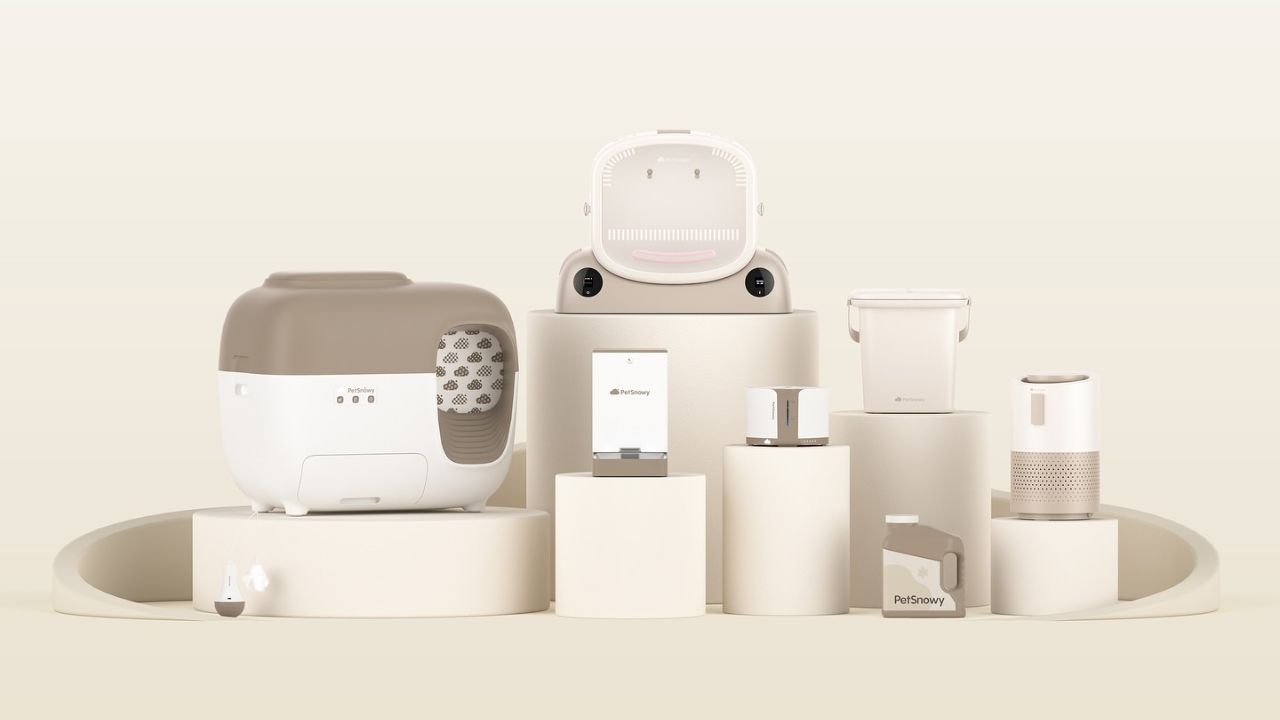Pet parents constantly aim to streamline cat care and promote cleanliness. While typical litter boxes have served as the standard selection for decades, intelligent litter boxes have recently emerged as a technology-driven alternative. Each type offers its pros and drawbacks, rendering the choice personalized to an owner’s routines, budget, and inclinations. A cat smart litter box is a convenient solution for pet owners who want automated cleaning and odor control. Weighing the key distinctions between customary and smart litter receptacles can assist cat guardians in opting for the solution that best matches their circumstances.
A Modern and Convenient Solution
Smart litter boxes have revolutionized pet care by integrating technology to automate waste administration. These self-cleaning gadgets use sensors and rotating mechanisms to partition waste from fresh litter, eliminating the necessity for daily scooping. Some state-of-the-art models even include odor control frameworks, health monitoring highlights, and mobile app interoperability, furnishing a high-tech answer for cat proprietors.
Convenience and Automated Cleaning
One of the biggest benefits of an intelligent litter box is benefit. Busy pet owners who may not have time for constant litter box upkeep find this innovation particularly helpful. With automated cleaning cycles, waste is collected in an isolated compartment, reducing aroma and keeping the litter new for more drawn-out periods. Some savvy litter boxes likewise have worked in air fresheners or carbon channels to additionally neutralize unpleasant scents, making them perfect for families with various cats or confined spaces.
Higher Costs and Maintenance Worries
However, smart litter boxes do come with a steeper price tag. The initial cost is often significantly more than standard options, and some models necessitate exclusive refills or replacement components, adding to the overall expense over time. Furthermore, since smart litter boxes rely on electricity or batteries, issues may arise, or upkeep may be indispensable, which can complicate life.
Traditional Litter Boxes' Simplistic Charms
Regular litter boxes remain a go-to for cat keepers owing to their simplicity and affordability. They arrive in diverse layouts, but all share a common core function—allocating a dedicated area for cats to take care of business. Unlike intelligent litter boxes, standard ones necessitate manual scooping and periodic cleansing to maintain cleanliness.
Maintenance and Odor Control Challenges
However, consistently maintaining a classic litter box can be a time-consuming process. This involves regular scooping. It is done to preserve a tidy environment acceptable for both the feline and its proprietor. Without frequent cleaning, disagreeable aromas can permeate through the home, particularly in cramped living quarters. The scattering of litter beyond the receptacle is an additional prevalent issue, as cats often spread the granular material outside the box, necessitating supplementary cleanup endeavors.
Health Monitoring Benefits
Despite these tests, numerous cat keepers still opt for traditional litter boxes because they permit immediate observation of their pet's waste. Alterations in urine hue, stool consistency, or frequency of utilization can be early signs of well-being issues. With a standard litter box, owners can effortlessly detect and react to these indications before they evolve into more critical problems.
Budget-Friendly Basics
One major advantage of a regular litter box is its cost-effectiveness. These receptacles are widely accessible at pet suppliers and come at a reduced price contrasted with high-tech options. Even high-end models with extra features like odor-blocking covers or self-cleaning trays stay budget-friendly. What's more, typical litter boxes require no power or batteries, making them a dependable and hassle-free pick.
Which Option Is Suitable?
For cat guardians who prioritize affordability and don't mind daily duties, a regular litter box is a straightforward and cost-effective choice. It permits monitoring waste directly, requires no extra technology, and is uncomplicated to replace if needed. On the other hand, intelligent litter boxes are ideal for individuals with busy schedules, multiple cats, or a preference for odor elimination. While they come at a higher price initially, the time preserved in maintenance and added health surveillance characteristics can render them a worthwhile investment ultimately.
Conclusion
While standard and intelligent litter boxes share a fundamental aim of supplying domestic felines with a hygienic and relaxing area, selecting which design aligns with an owner involves weighing involvement versus autonomy. For busy caretakers, smart boxes erase the chore, yet hands-on types may prefer the customization. Either can suffice with adjustment—longer, messier hair coats suit scooping, whereas gentle solo pets do well unbothered. Ultimately, understanding individual proclivities leads to a fit honoring our furry family through convenience, cleanliness, and contentment in their domain.


